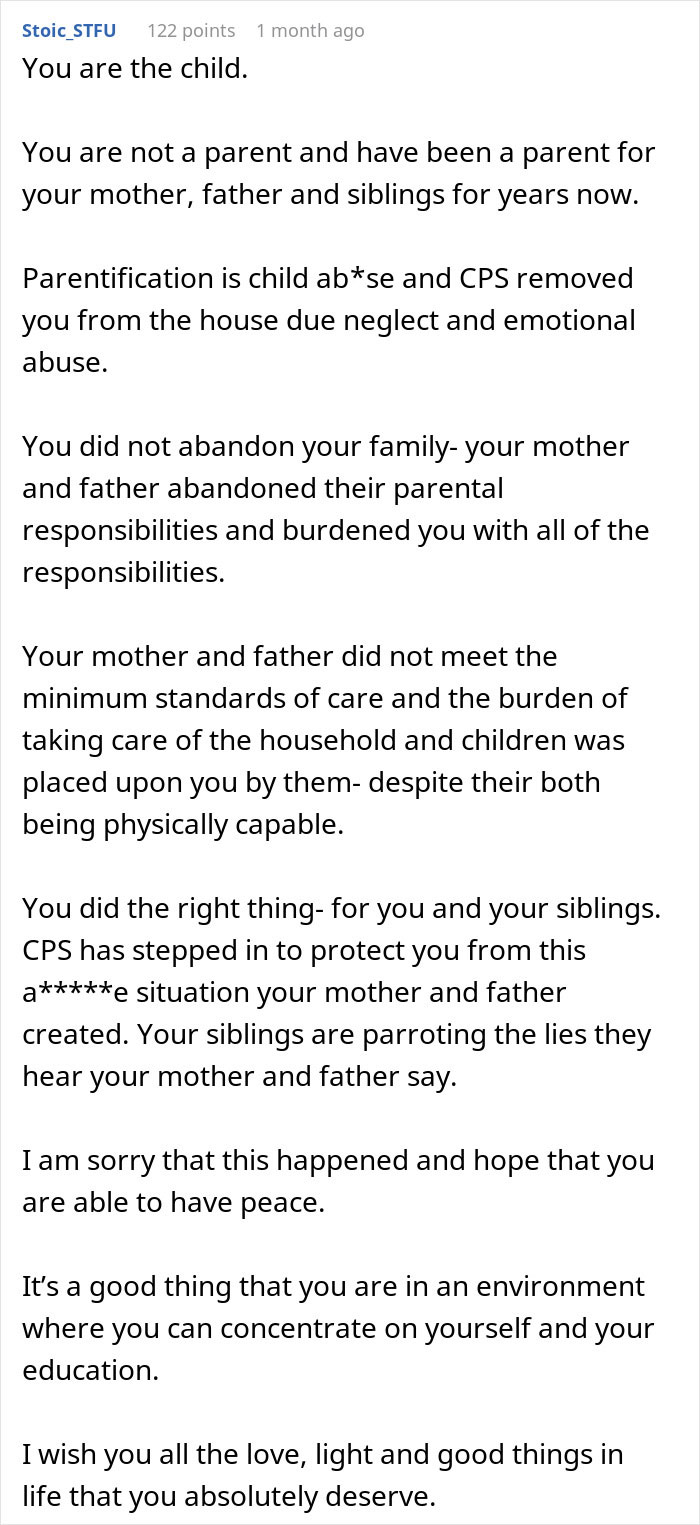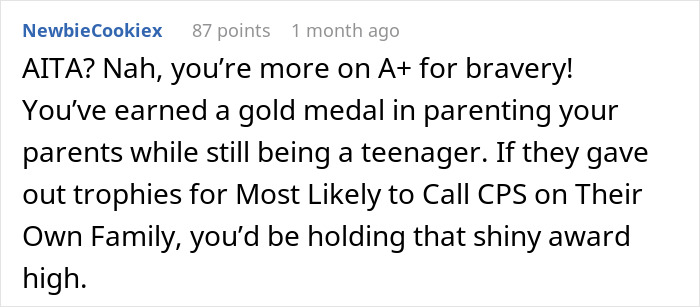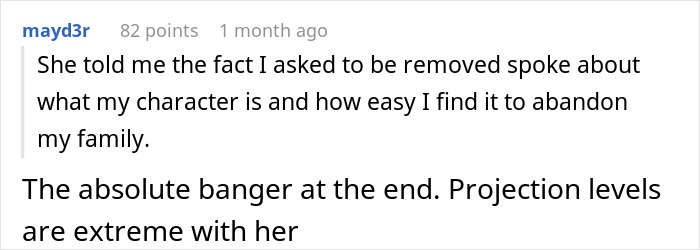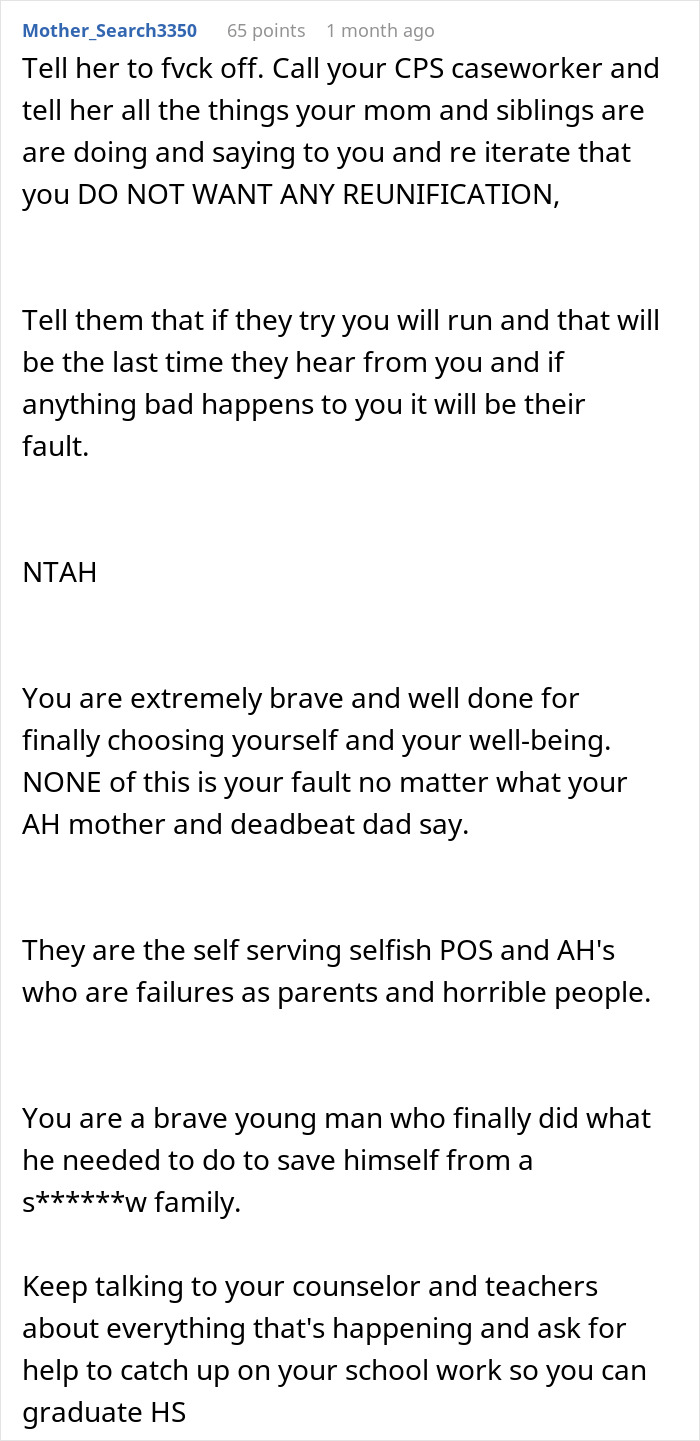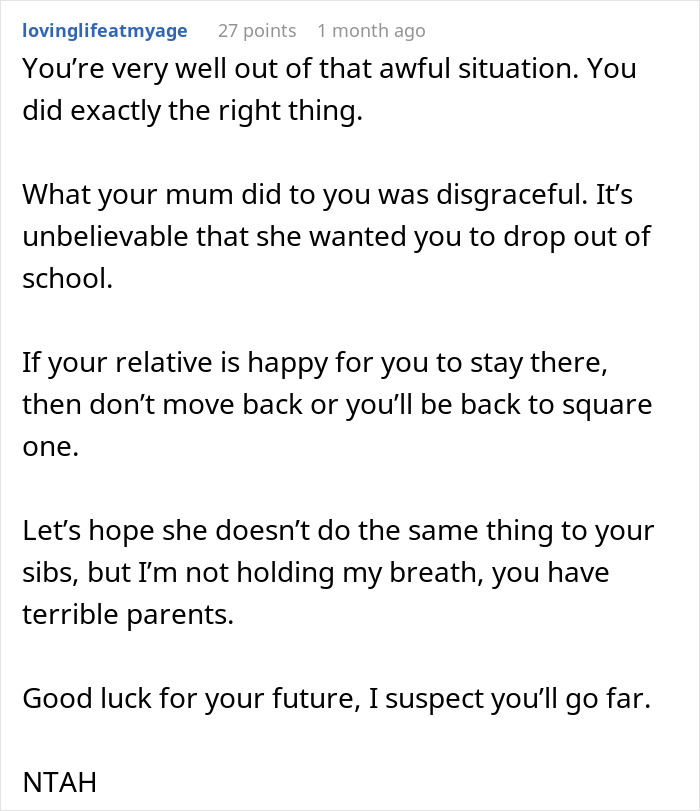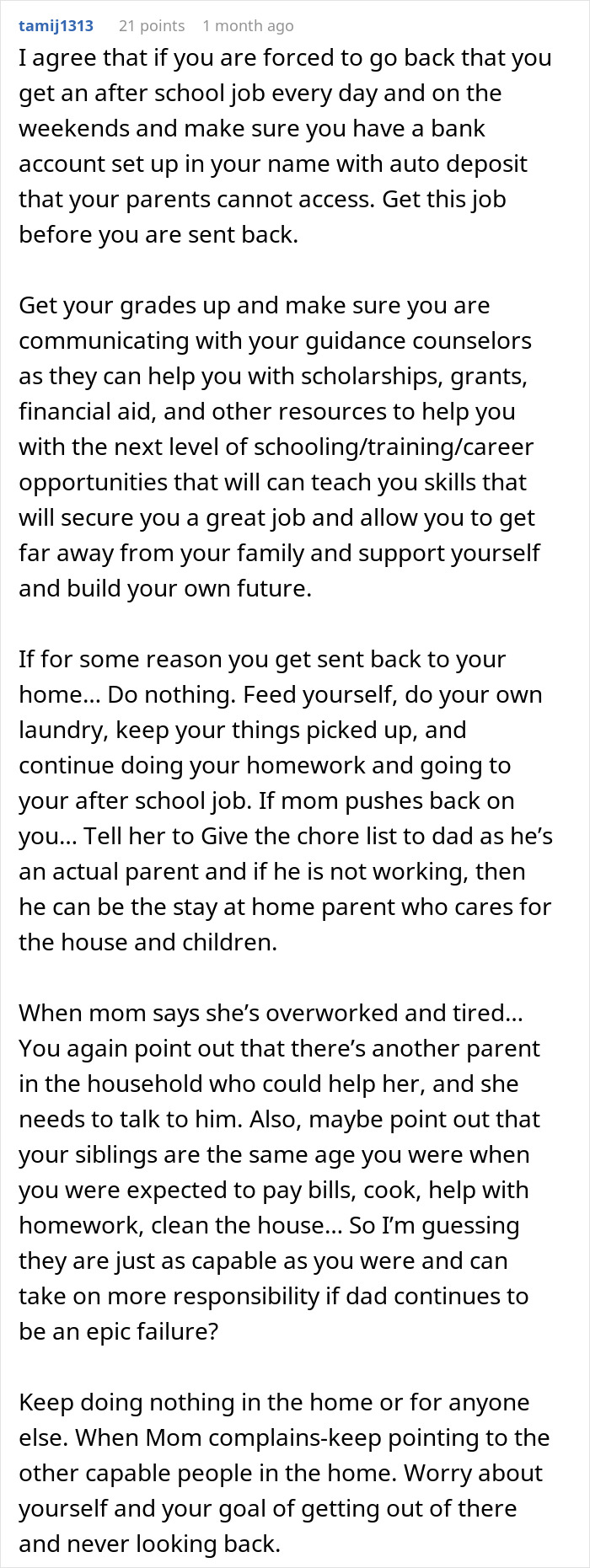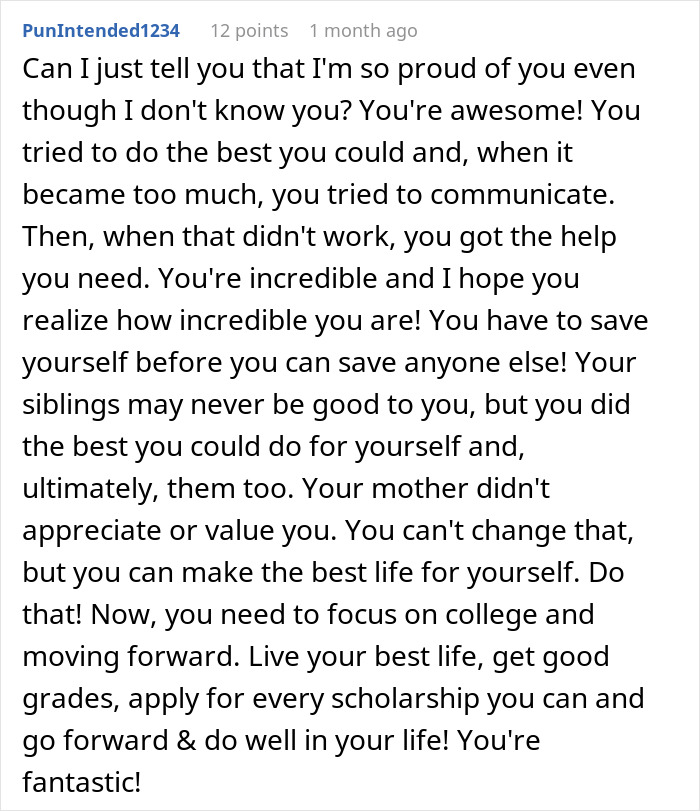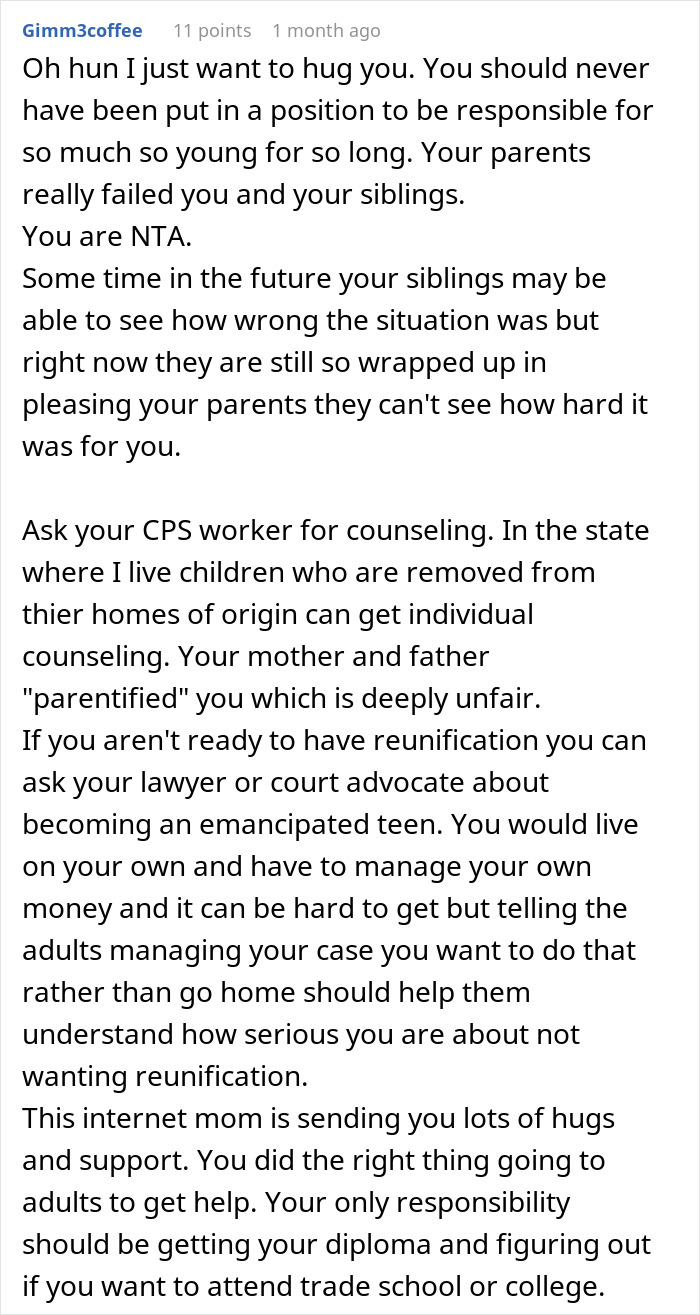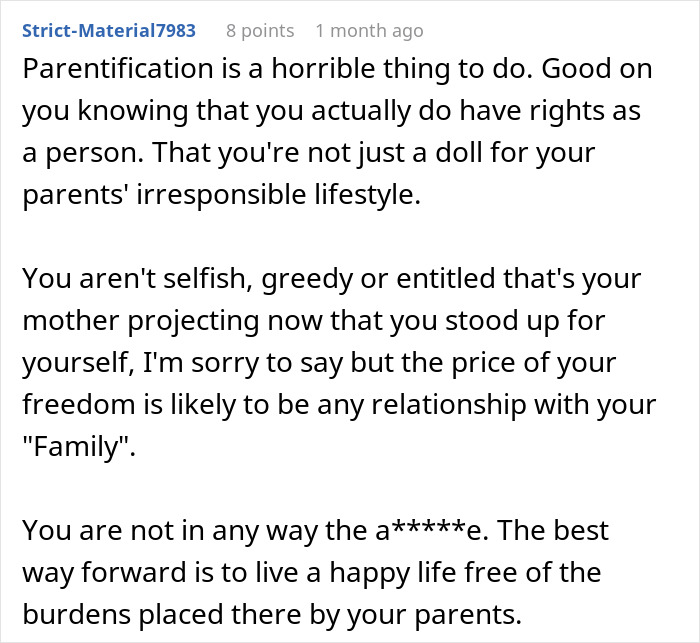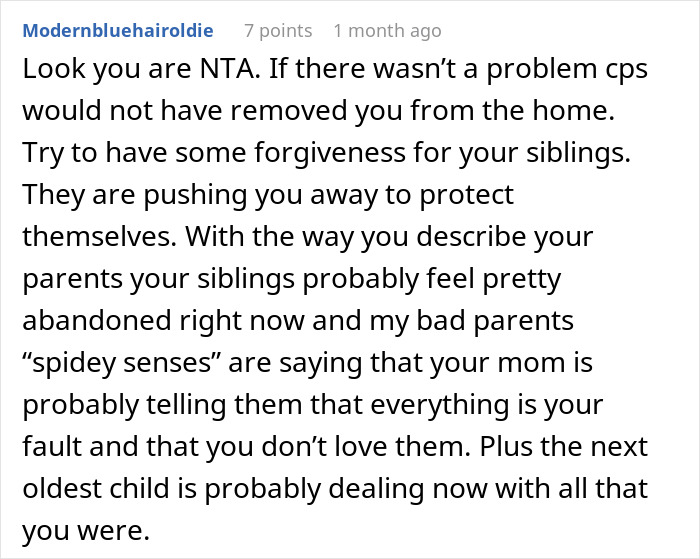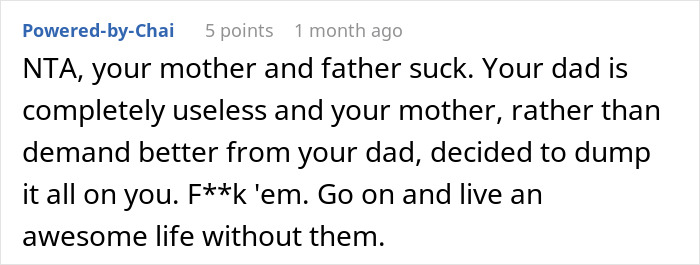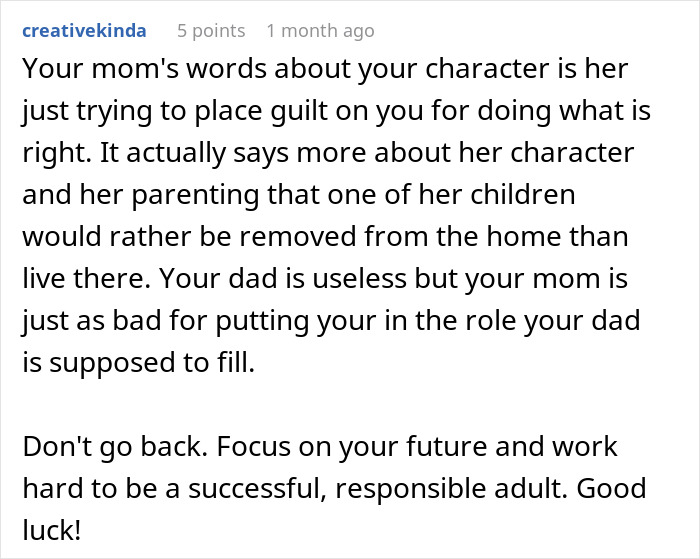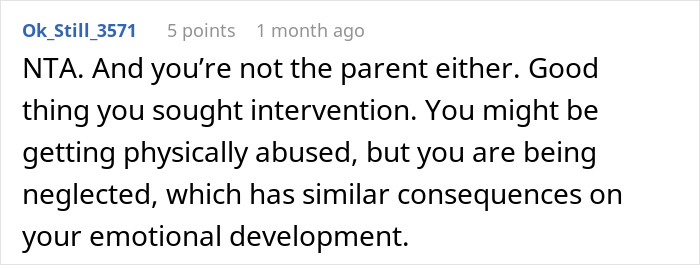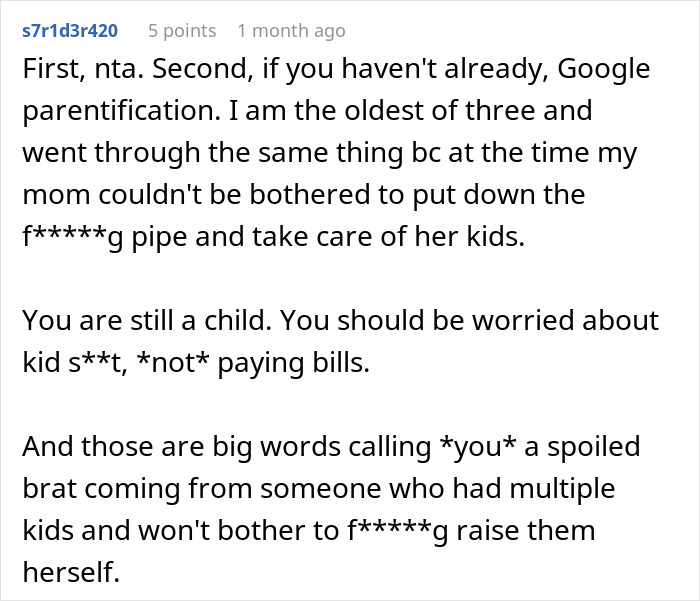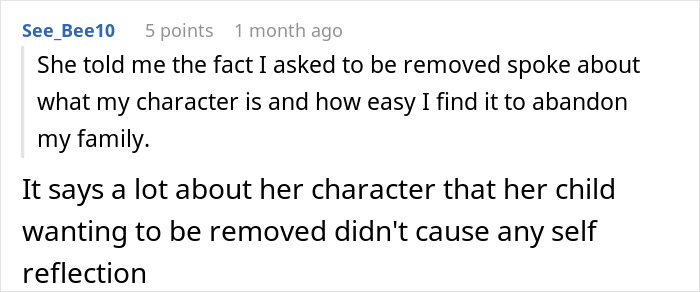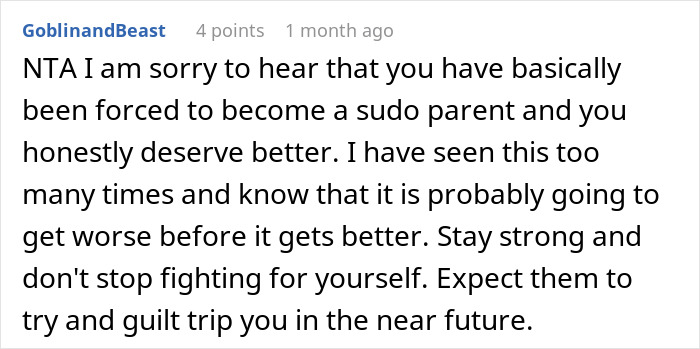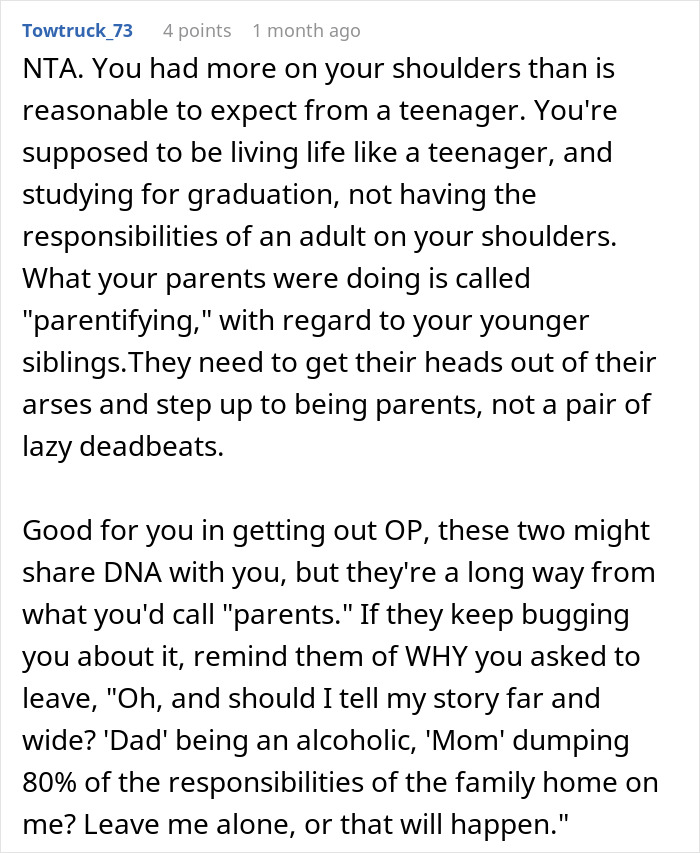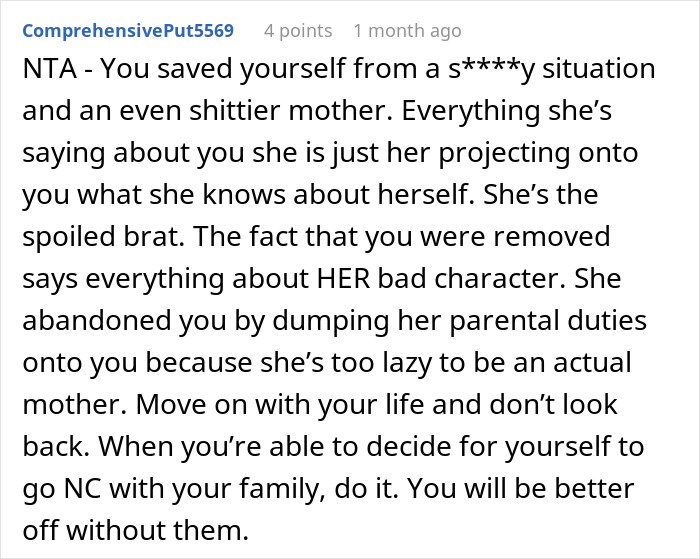Until they reach a certain age, children are their parents’ responsibility. But some people see no problem with dropping their responsibilities on others.
Take this redditor, for example. Being the oldest of four children, he was forced by his mom to take up the role of a parent. Since his father had a drinking problem, whenever mom wasn’t around, the teen was in charge, which meant taking care of the family, his siblings, and even paying the bills. It’s no surprise that the young man eventually called CPS on his own family.
Taking care of the family is the parent’s, not the child’s, responsibility
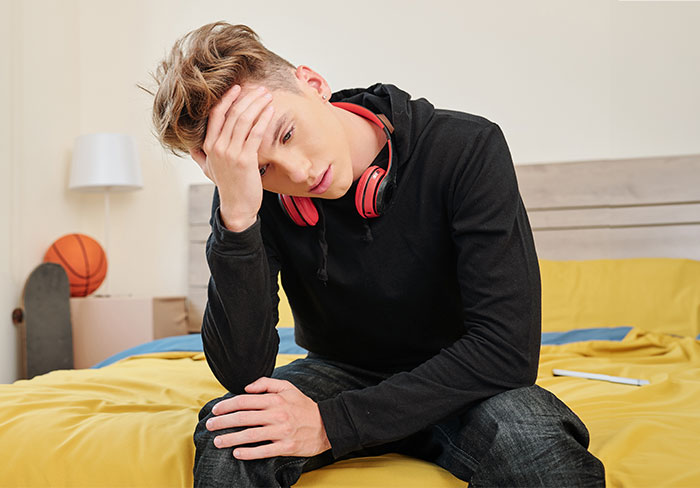
image credits: DragonImages (not the actual photo)
But this 16-year-old had to take care of not only his siblings and the household, but the bills, too
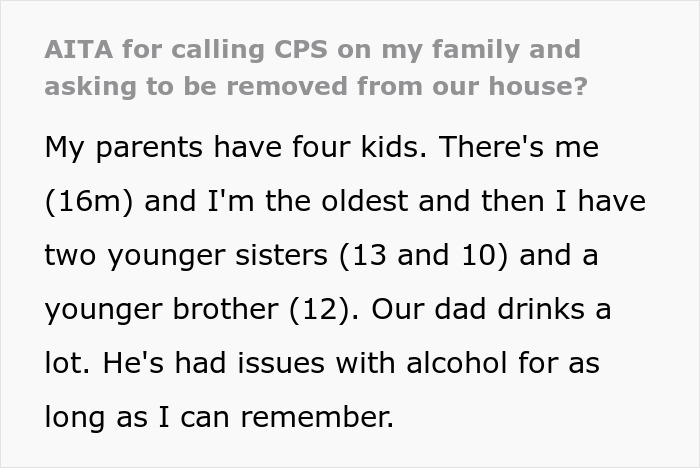
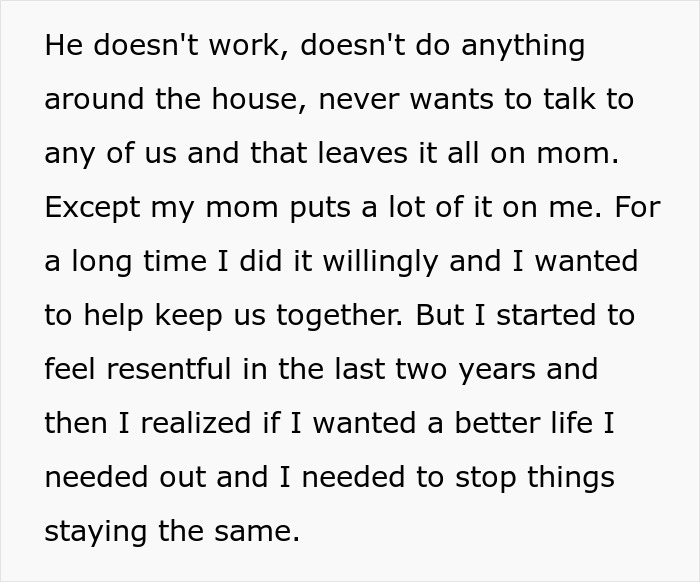
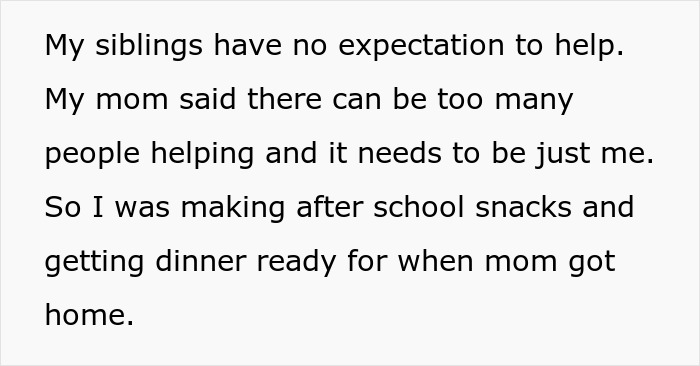
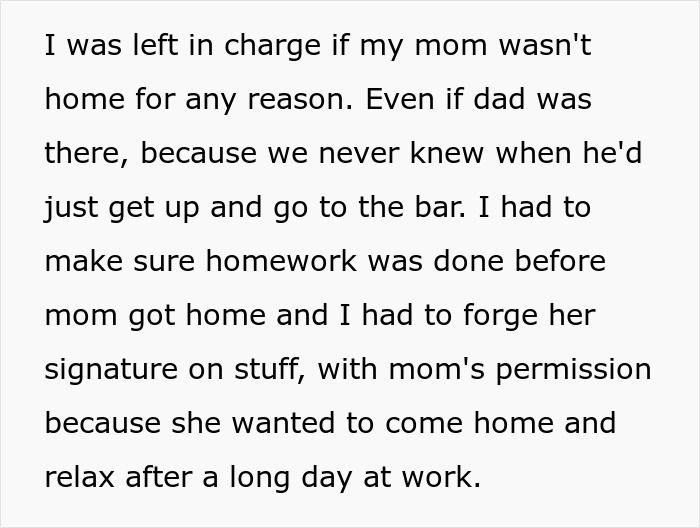




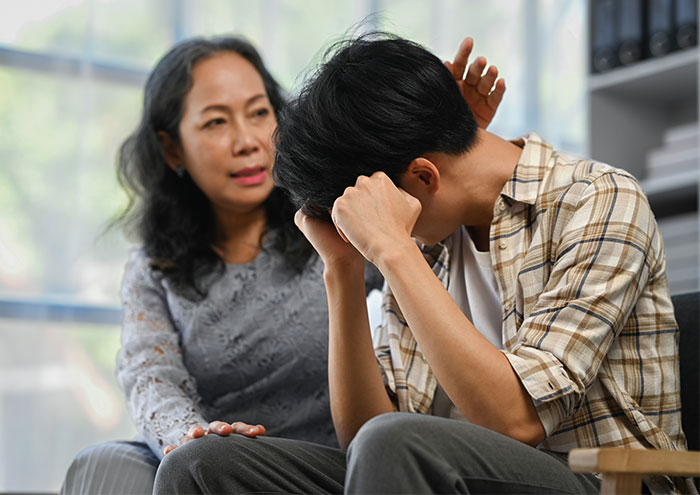
image credits: prathanchorruangsak (not the actual photo)
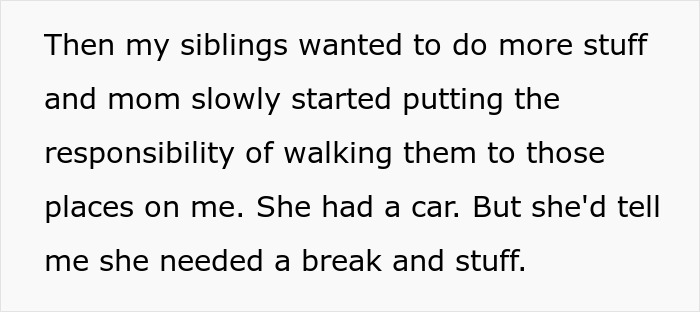
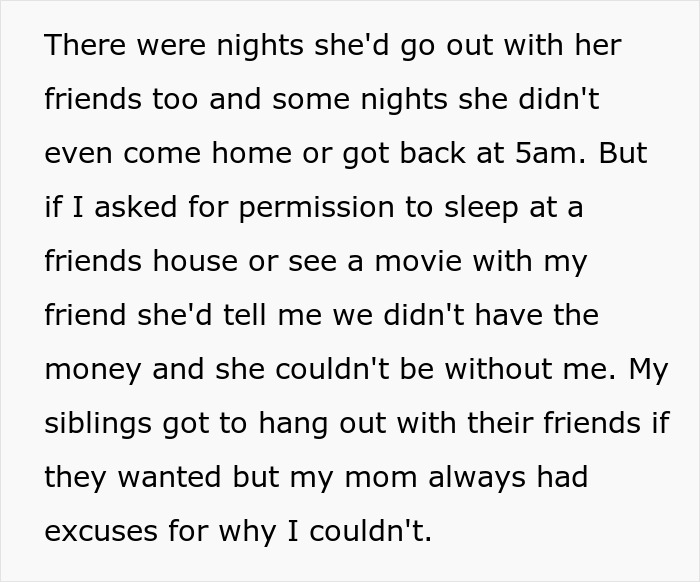
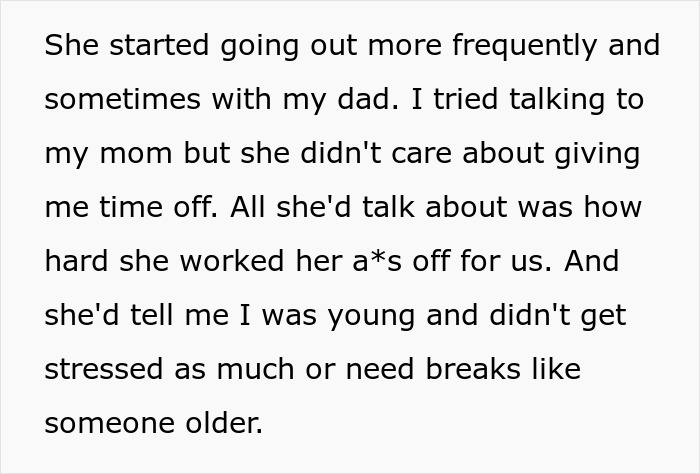
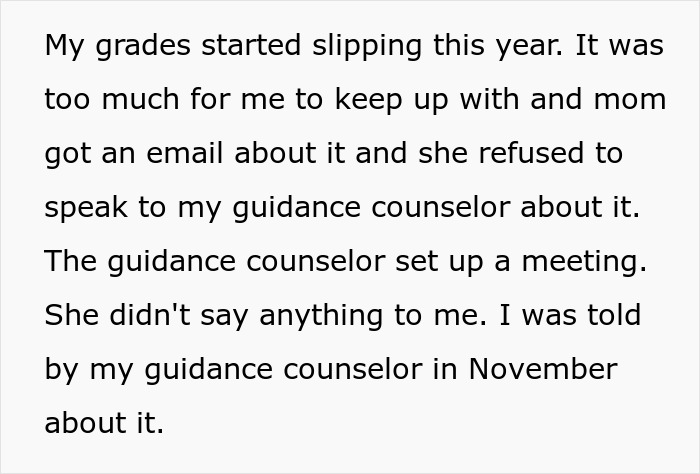
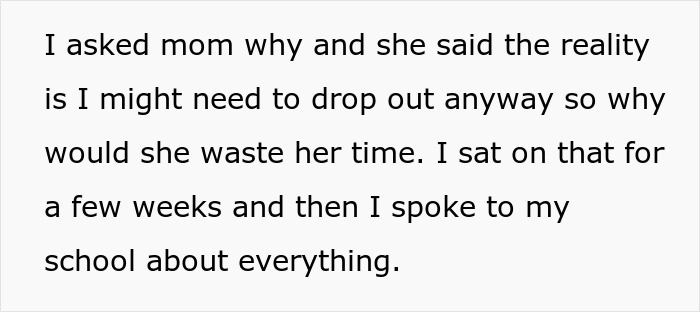
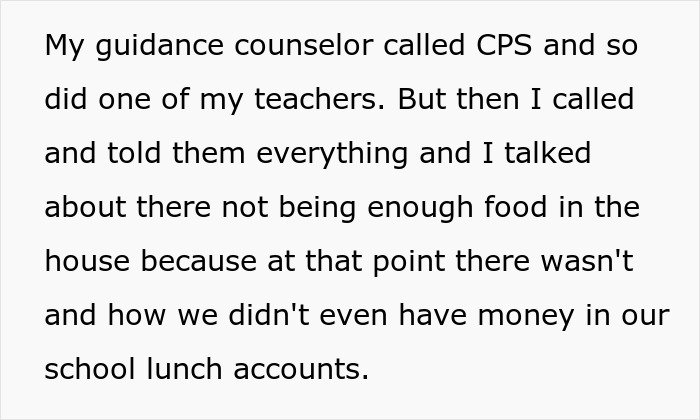
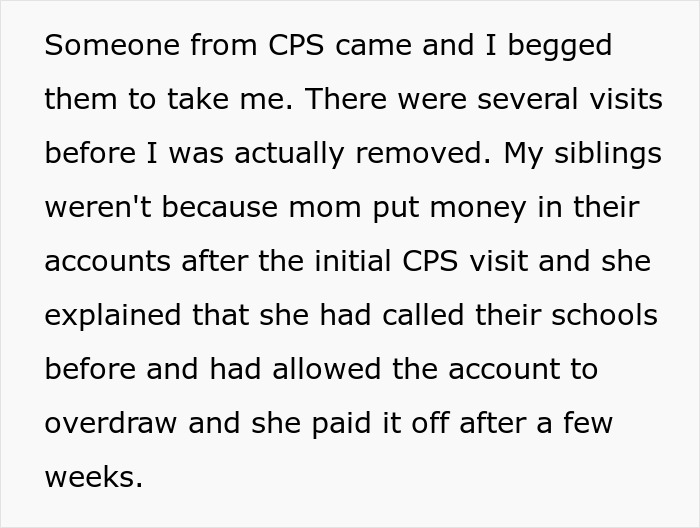
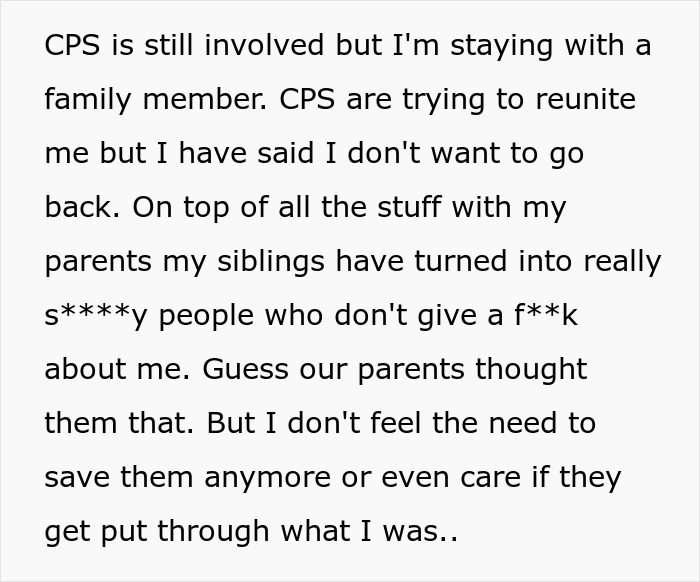


image credits: ThisLab8142
Many young people suffer from parentification, which burdens them with a load too large to bear at their age
It’s not unheard of for the eldest sibling to become very parent-like when an addition to the family arrives. Whether encouraged by mom and dad or naturally, they assume this new position of a guardian—which often goes hand in hand with that of a bully—so they want to make sure that no one—other than them—will hurt the little one.
But parents encouraging their firstborn to care for their younger sibling is in no way the same as loading all of the parenting responsibilities on them, as the OP’s parents did to him. Known as parentification, such behavior from parents can have significant negative effects on the well-being of the parentified child.
According to the Newport Academy, parentification happens when moms and dads turn to their children for emotional and practical support when they should be the ones providing it, which makes the child a caregiver. “As a result, parentified children are forced to assume adult responsibilities and behaviors before they are ready to do so. In addition, they do not receive acknowledgment or support for taking on these responsibilities.”
The aforementioned source points out that roughly 1.4 million children and adolescents in the US experience parentification.
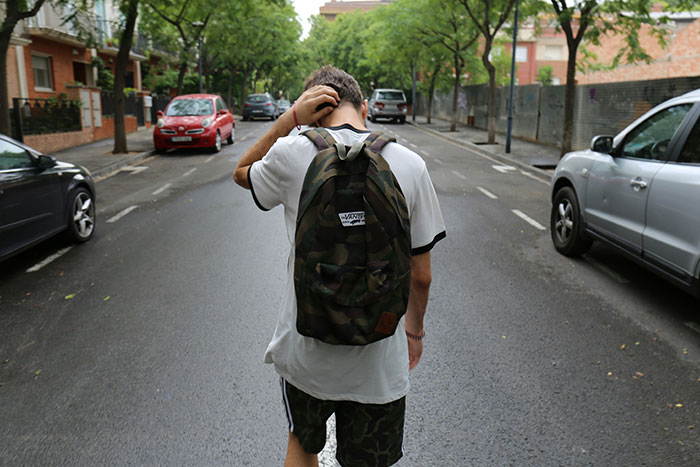
image credits: Jesús Rodríguez (not the actual photo)
Parentification can have a significant negative effect on the child’s development
Delving deeper into the topic of parentification in a piece for Psychology Today, licensed marriage and family therapist Sarah Epstein noted that it can occur for numerous reasons. Some people parent their children because they never learned to handle their own feelings, for instance. Some might have been parentified themselves, which became a way of parenting they decided to follow. Others might be suffering from illness or addiction, lack certain skills or emotional capacity, or rely on their children because they have too much on their plate work-wise.
But no matter the reason, parentification can have a serious negative effect on the child’s well-being, both at the time of parentification and even years later. According to Sarah Epstein, parentified children learn that it’s their job to put their own emotional and developmental needs aside and care for their parents.
“These kids may get ‘so mature for their age’ or ‘so low maintenance.’ While meant as a compliment, these phrases simply describe children who were asked to bypass their own developmentally appropriate role of child to become a little grown-up. And those roles take a toll,” the expert wrote.
Burdened with the responsibilities that would usually befall a parent, the OP had to juggle multiple tasks at once, which inevitably took a toll on not only his emotional well-being but his grades, too. The teen then decided to inform some people at his school of the situation and eventually took matters into his own hands and called the CPS (Child Protective Services) himself. Fellow netizens stood by him and expressed support in their messages in the comments.
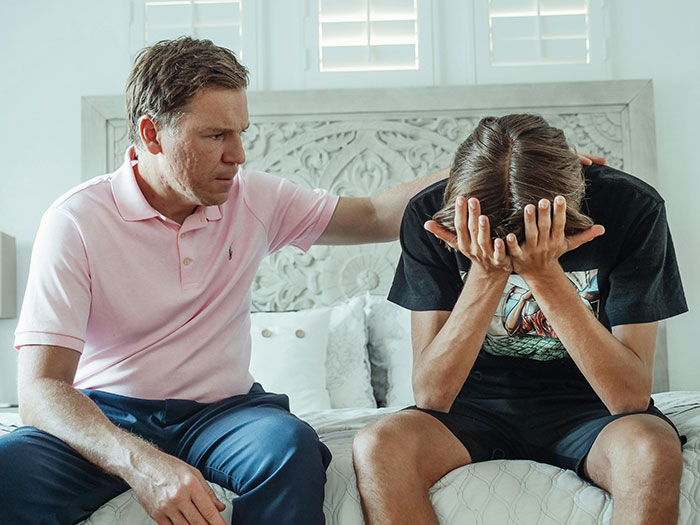
image credits: Kindel Media (not the actual photo)
The teen provided more details in the comments
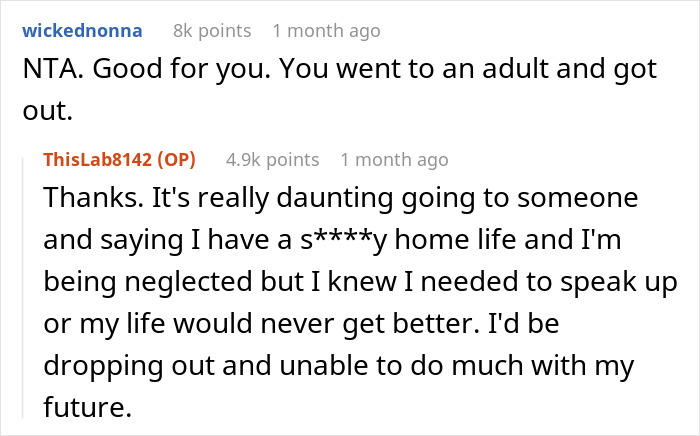
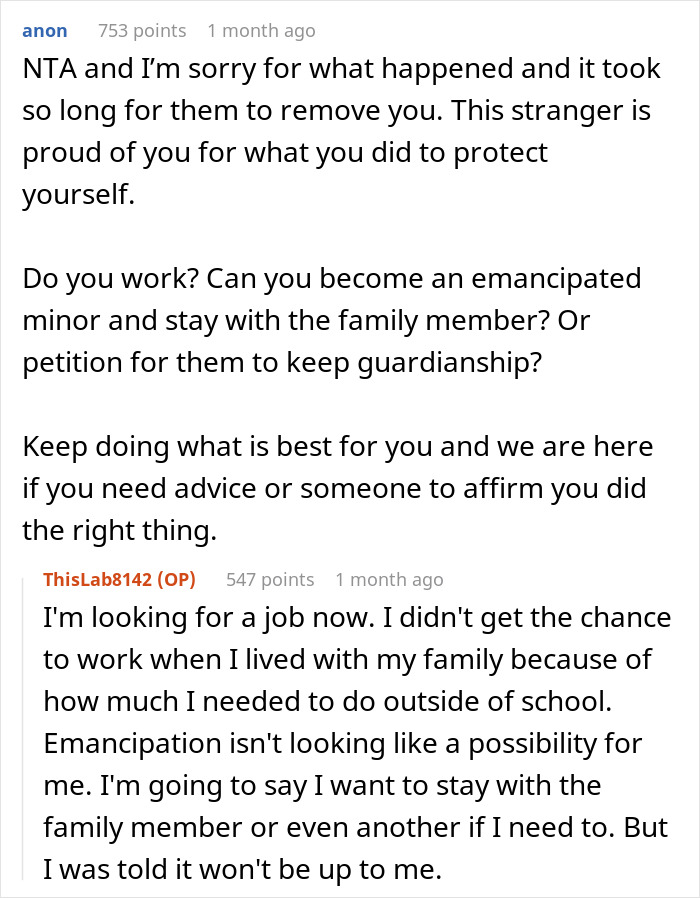
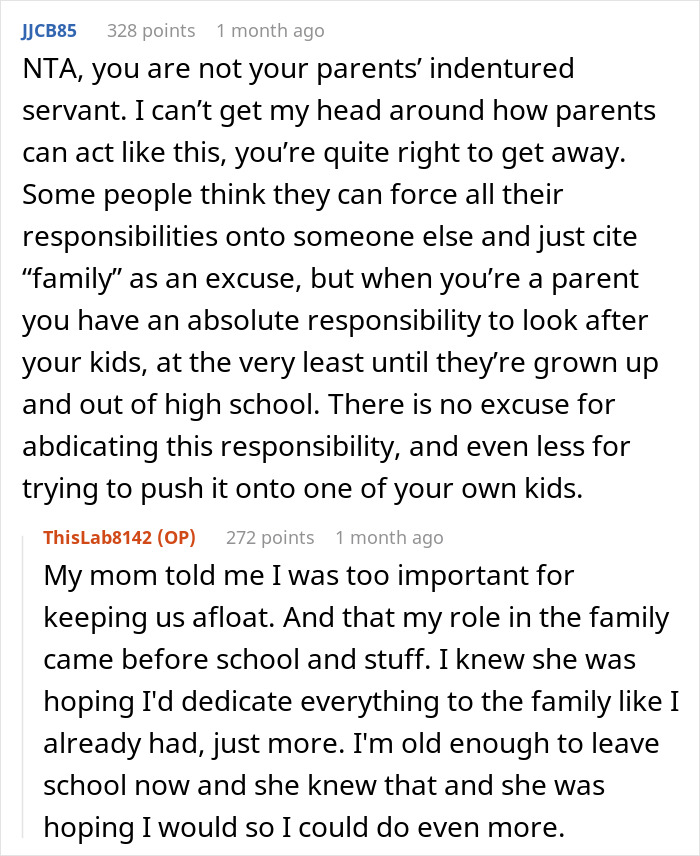
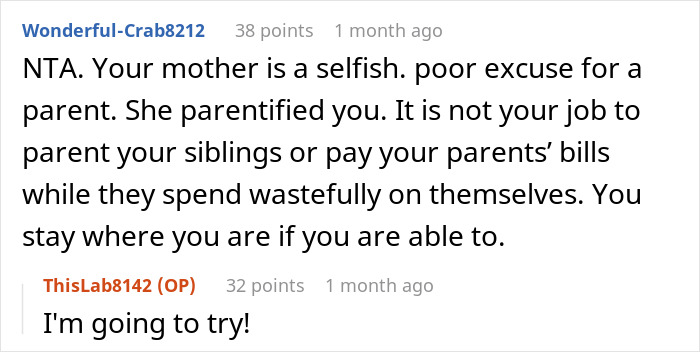
Fellow netizens showed support for the young man
